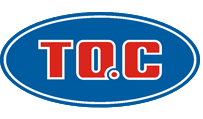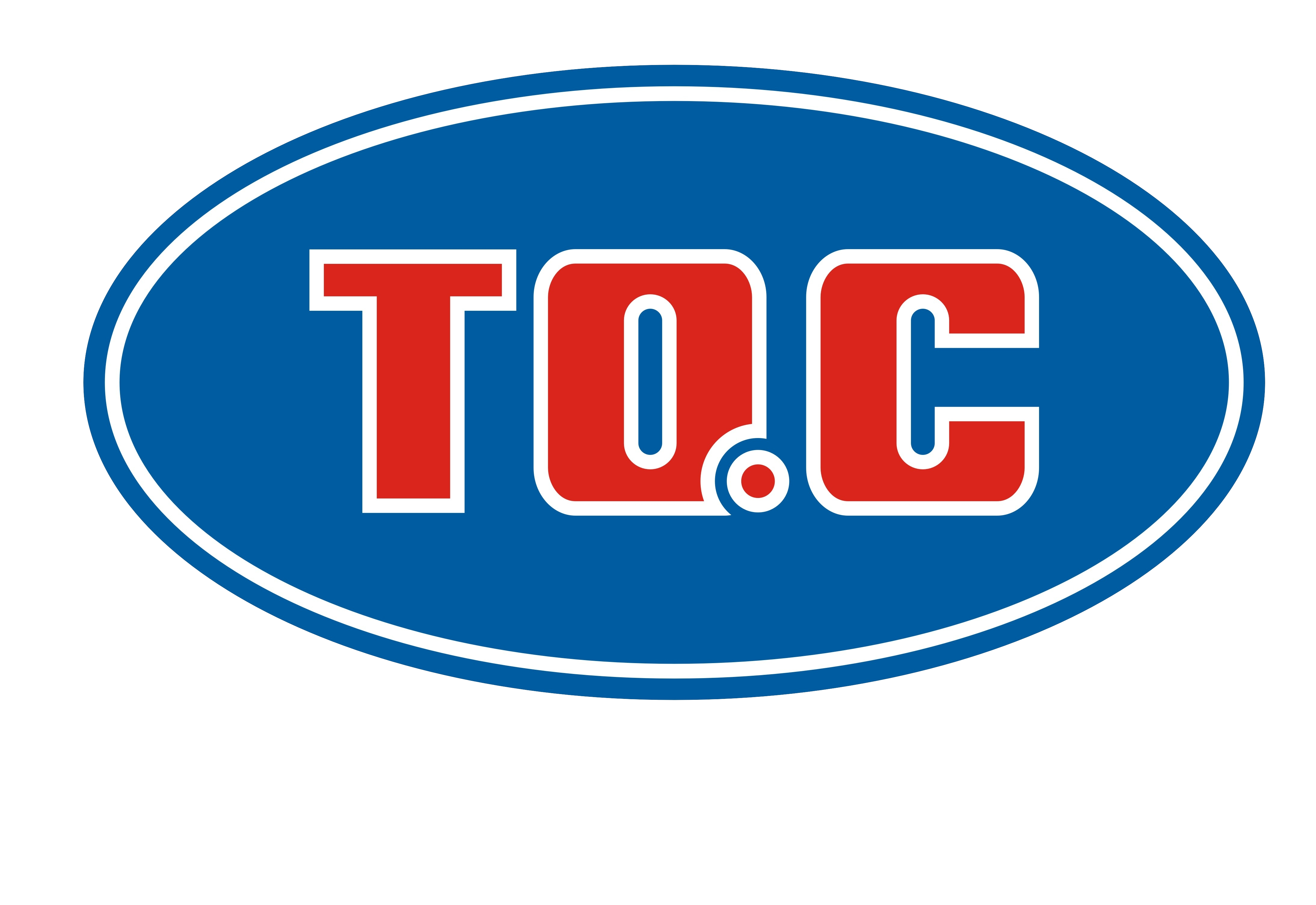In the next 1 year, when the car import tax from ASEAN to Vietnam will be 0%, the automobile manufacturing and trading industry will face many challenges.
Challenges of Vietnam's auto industry when automobile import tax is 0%?
In the next 1 year, when the car import tax from ASEAN to Vietnam will be 0%, the automobile manufacturing and trading industry in Vietnam will face many challenges.
0% from the beginning of 2018
At the seminar held by the Ministry of Industry and Trade, Mr. Truong Thanh Hoai, Director of the Department of Heavy Industry (Ministry of Industry and Trade), said that from January 1, 2018, import tax on CBU cars from some markets. Traditional schools will return to 0%.
This puts great pressure on domestic car manufacturers and assemblers.
Producers will be forced to put themselves in front of a new decision, or rearrange the regional production system or continue to maintain domestic production or accept to withdraw production from the Vietnamese market. and move to pure commerce.
Another disadvantage of the Vietnamese automobile manufacturing industry is that most of the new businesses do it at the level of simple assembly. The production line mainly consists of 4 main stages: welding, painting, assembling, and inspection.
Also attending the seminar, Mr. Toru Kinoshita - General Director of Toyota Vietnam said that car import tax will be 0% from the beginning of 2018, from a market perspective, this is a good signal, but for the background Domestic car production is a great pressure.
"How to make that tax rate a soft landing is a very big question to answer," stressed the General Manager.
In a related development, according to statistics of the Ministry of Industry and Trade, the Vietnamese auto market in recent years has had a high growth rate, reaching nearly 40% / year. Particularly in 2016, the total number of new cars put into circulation in Vietnam market was 459,634 units, of which 341,077 units were domestically produced and 118,557 imported.
Currently, the total capacity of manufacturing and assembling cars in Vietnam is about 500,000 cars / year, with 12 foreign car companies having production and assembly activities, meeting about 70% of domestic car demand; The total passenger car market output was about 210,000 units / year in 2016.
Vietnamese car: 20 years, just a plump zero
From the above fact, the question arises, does this mean the failure of the Vietnamese automobile industry?
In fact, four years ago, Mr. Le Duong Quang, then Deputy Minister of Industry and Trade, mentioned for the first time the "failure" of this industry in Quang Nam. Since then, despite admitting failure and difficulties, Vietnam is determined to seek policies to develop the auto industry. The government's point of view is appropriate, but the problem lies in the lack of specific solutions.
Before that, at the meeting to discuss some solutions to develop the Vietnamese automobile industry, Mr. Dao Phan Long, Vice President of Vietnam Association of Mechanical Engineering (VAMI),
The issue of developing the auto industry was posed 20 years ago, so far 2018, the time for Vietnam to fulfill its commitments to reduce import tax with ASEAN is coming. Therefore, it is necessary to clearly define the role of enterprises, and how the role of state management agencies is.
“In countries they only choose a few cars to focus on. As in us, Vinaxuki is very enthusiastic about making cars, but because of the way it breaks down. There should be policies for businesses to develop ”, Mr. Long proposed.
According to Mr. Long, the tax mechanism alone is also a big problem in the development of supporting industries for automobile production. Taxes handle profits for many businesses, but how do businesses participate in making cars for Vietnam, how profits and responsibilities are supported by the State.
Having exchanged with Dat Viet, Mr. Nguyen Van Chien - Hanoi National Assembly delegation pointed out: “The development strategy of Vietnam's auto industry to 2010, a vision to 2020, aims to increase the localization rate 50%. Up to this point the Ministry of Industry and Trade has admitted failure.
However, now the Ministry of Industry and Trade continues to set a prospect for Vietnam's auto industry in the period 2025-2035, whereby the auto industry will become an important industry, increasing the localization rate to 80. %.
Develop a strategy but do not have specific goals or solutions to realize the above dream.
Thus, it is no different from seeing the failure of a previous strategy but still proposing a new general and non-specific strategy ”.
The failure of Vinaxuki is a direct consequence of a non-standard development goal-setting strategy. This affirms the importance in building the development strategy of the auto industry as a prerequisite for the success or failure of this industry.
Head office address: No. 1A, Group 10, Quarter 5, An Binh Ward, Bien Hoa City, Dong Nai Province.
Transaction office 1: Nhon Trach 6 Industrial Park, Dong Nai Province.
Transaction office 2: Loc An Branch - Lot E, Road N1, Loc An Industrial Park - Binh Son, Long Thanh, Dong Nai Province.
Phone number: 0251 887 1409
Email: info@thongquan.com.vn






Read more